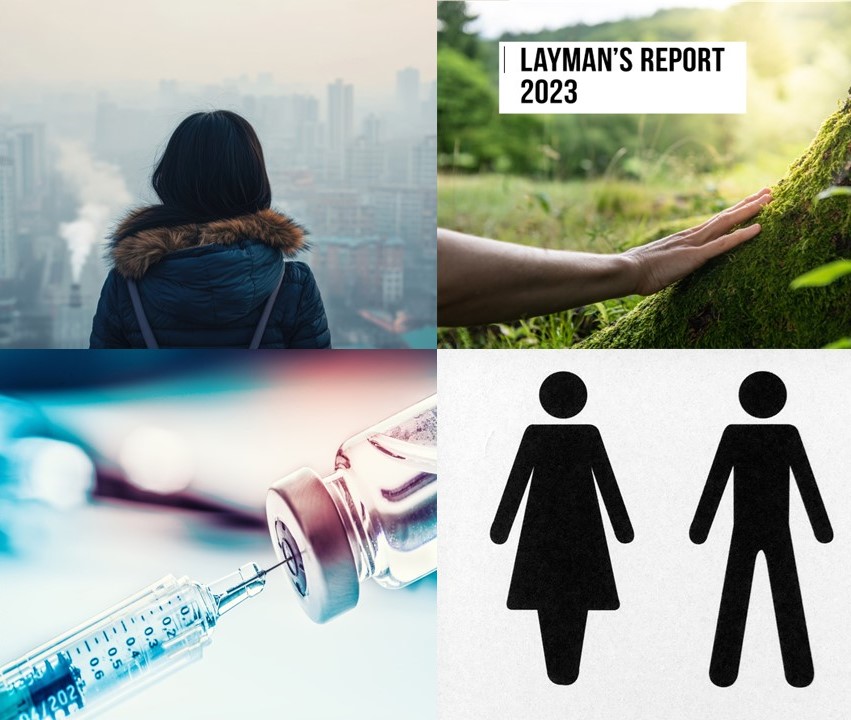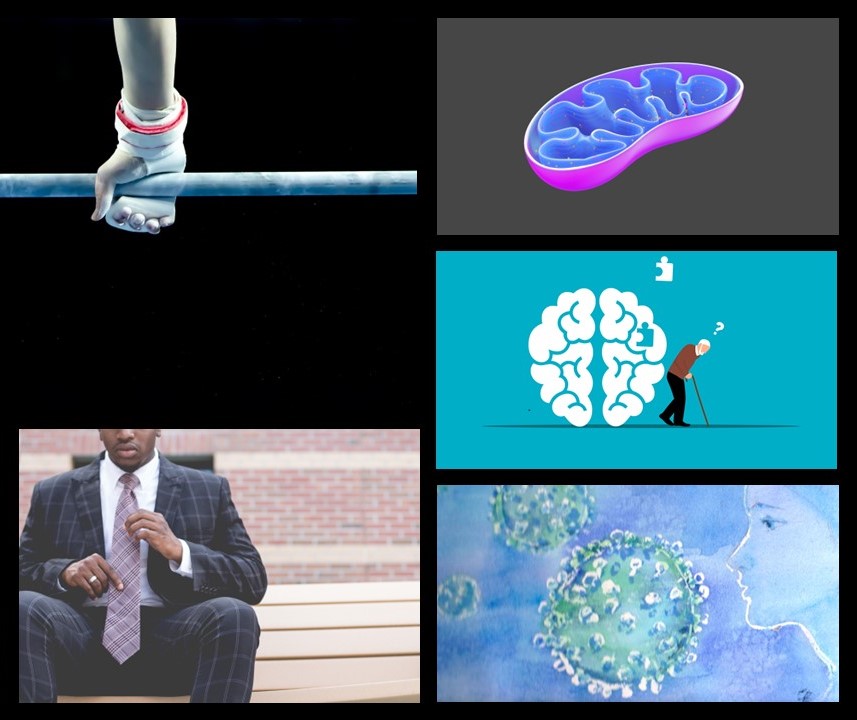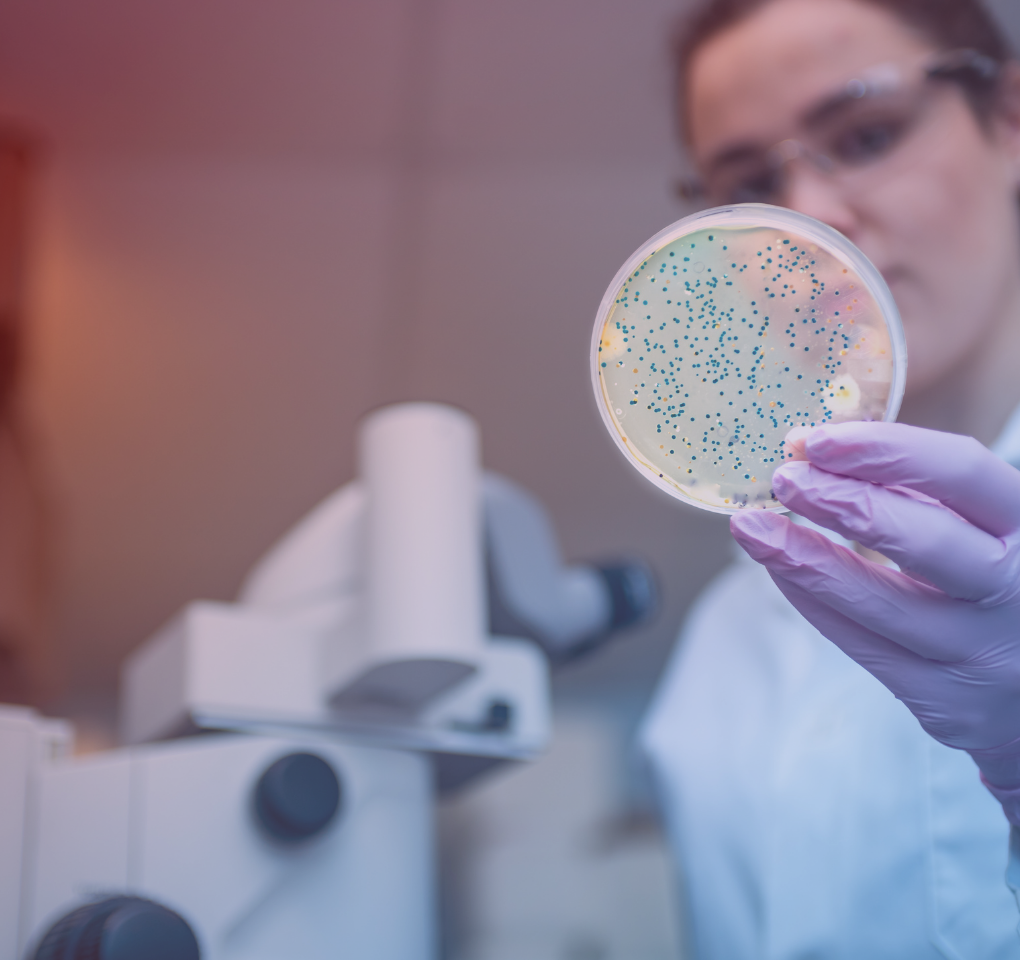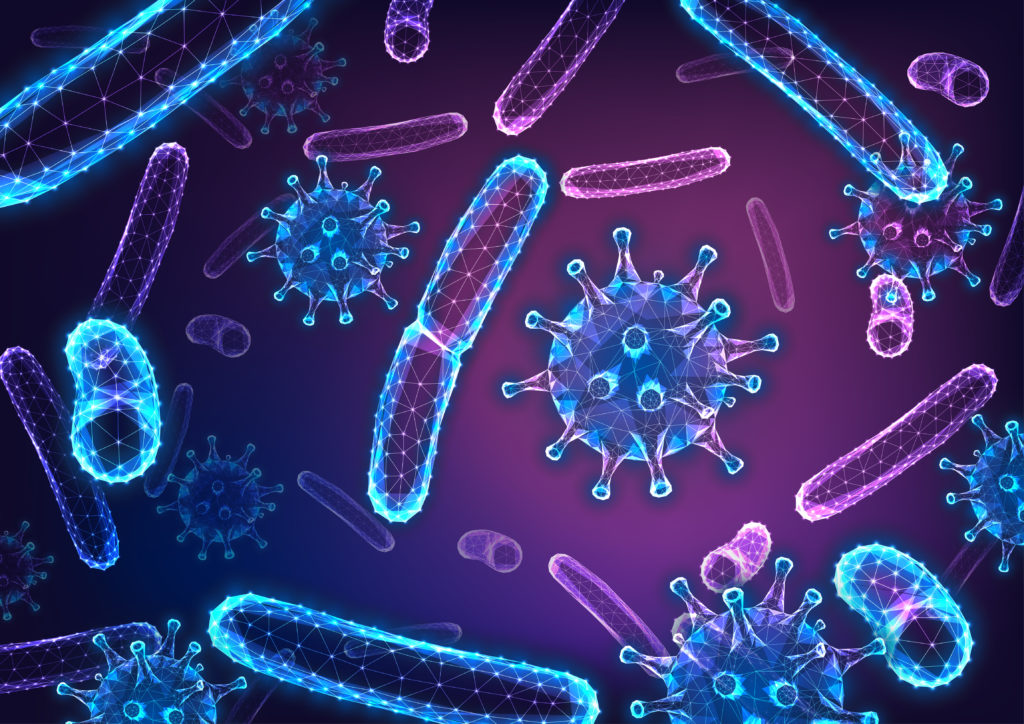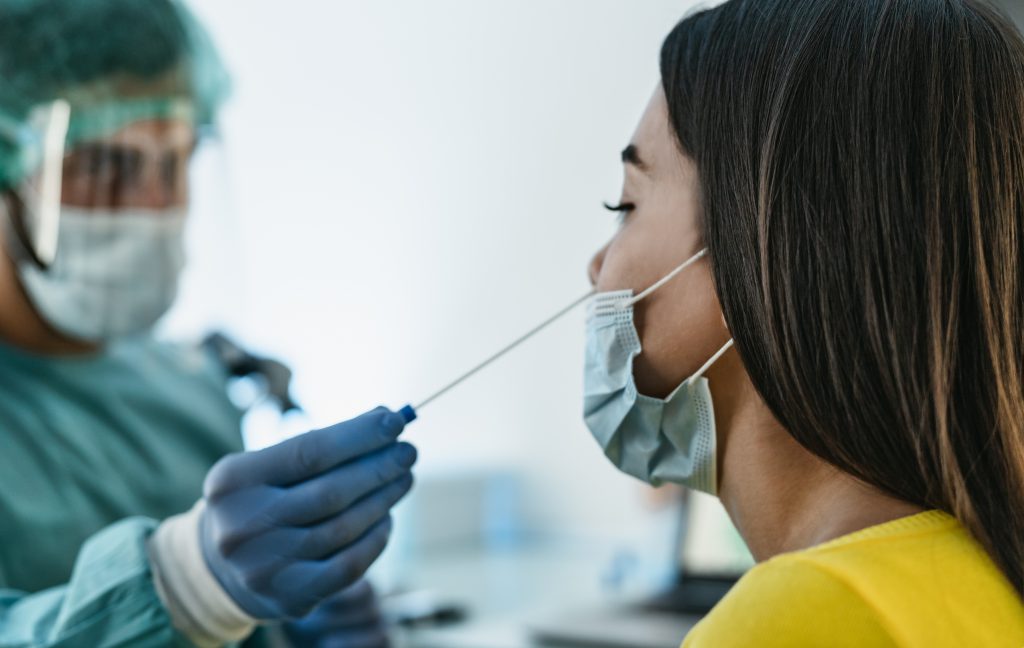COVID-19: What can we expect from the vaccines?
07 February 2021
What can we expect from the COVID-19 vaccines? And how do they perform compared to previously developed vaccines against other diseases? We spoke with Prof. Gilbert Massard, Director of Medical Education at the Department of Life Sciences and Medicine, who explained the benefits and the development process of vaccines.
This article was originally published by the University of Luxembourg

What is the general benefit of vaccines?
Over the last century, there have been many success stories of vaccines as a response to epidemic situations. One famous example is the life-threatening smallpox virus which was considered eradicated after a large-scale global vaccination in the 1970s.
Likewise, poliomyelitis was successfully fought by oral vaccinations in the past and has disappeared from Europe. Overall, there are many examples where vaccinations have prevented disasters in the past and present: protection against flu and pneumonia, prevention of various children’s’ diseases such as measles, rubeola, pertussis, diphtheria and others and finally against hepatitis B, prevention of tetanus, and of cervical cancer thanks to the vaccination against papilloma virus.
We cannot tell yet how long the newly developed COVID-19 vaccines protect against the disease. However, if we refer to other vaccinations against similar pathogens, it is reasonable to assume that the COVID-19 vaccines enable an efficient protection for at least several months up to a year. Regular follow-ups of the participants in the clinical trials will soon give us a more precise figure on the long-term protection which depends on the strength of immunity.
How was the efficacy of the COVID-19 vaccines of approximately 95% determined? And how does it compare to other vaccines or drugs?
Just like any other drug, the COVID-19 vaccines were tested in different stages of clinical trials first of all to ensure that they are not harmful for people. At the same time, the efficacy was tested by vaccinating half of the probands with the real vaccine whereas the other half received the standard of care. As in the present case no alternative COVID-19 vaccine was available yet, a placebo vaccination not containing the active agent was used.
Both groups were closely observed to determine the efficacy of the vaccine, while the individual probands typically did not know to which group they belong. It was shown that the number of severe cases of COVID-19 was drastically reduced in the group of people receiving the real vaccine, which ultimately determines the efficacy.
Compared to other drugs and vaccines, an efficacy of around 95% is quite excellent. There are other vaccinations, for instance against typhus or cholera, which only show an efficacy between 50 and 70% – still the benefits of these vaccination are clearly visible. Moreover, a 100% level of protection can in practical terms never be achieved, so even after a vaccination against SARS-CoV-2, some people might get infected with the virus and fall sick – but will most likely not develop a severe course anymore.
On how many people have the vaccines been tested?
The vaccines have been tested with several tens of thousands of people during the clinical trials: For the Pfizer/BioNTech vaccine, around 35,000 people and for the Moderna vaccine over 40,000 people participated in the phase 3 testing alone.
Compared to other drugs or vaccines, this is a remarkably high number as usually only several hundred up to few thousand people take part in these trials. As a matter of fact, the COVID-19 vaccines have been tested more thoroughly than many other drugs and vaccines on the market.
Yet, this was also necessary to ensure the safety of the vaccine as the probability to discover potential side effects increases with the number of participants. Still, no unexpected or severe side effects were observed since the testing started in summer 2020, except for some individuals with a proven history of anaphylaxis.
What are the effects and side effects of the COVID-19 vaccines?
When people think of vaccines, they often also think about side effects. Indeed, what is relatively frequent is some minor pain or swelling at the injection site. Around 5% of vaccinated people may also develop headache, mild fever or fatigue which usually lasts not longer than one or two days.
However, these effects are desired and entirely expected as they also indicate the activity of the immune system. Thus, they must not be confused with real complications due to the vaccination. As mentioned above, in some rare cases, severe allergic reactions have been reported which concern only 1 to 2 out of 100,000 people and can be treated. In the vaccination centres, the physicians will interrogate everybody about allergies prior to the vaccination to minimise the risk of any negative reaction.
Is it possible that long-term effects might still occur in the future?
First of all, we need to keep in mind that the time frame in which the development of the vaccination was performed is very short. Thus, we don’t have data yet on long term complications covering several years. However, it should be noted, that generally complications due to vaccination occur with few days or weeks after the vaccination. Having vaccinated several million people over the last months and starting about half a year ago, no long-term consequences have been documented. But of course, everybody who gets vaccinated in Luxembourg will be registered for follow up.
On the other hand, we know of many severe long-term effects of the COVID-19 disease itself, and they do not only affect people of the high-risk group. People who have been on intensive care often need several weeks to months until they fully recover after the infection. In addition, around 10% of all COVID-19 patients suffer from severe long-term consequences such as decreased lung function, myocarditis, renal disfunction, fibrosis, diffuse thrombosis, or simply long-lasting fatigue. It is not yet clear if these consequences of COVID-19 are reversible and who is at risk. What is clear on the other hand is that the current vaccines are able to protect from the disease and its consequences with around 95% efficacy.
Couldn’t we wait for a few months more before we start the vaccination to gather more data?
The probability of discovering negative effects of the vaccine which have been unknown so far is extremely low. Apart from the fact that delaying the vaccination would also prolong the protective and distancing measures in place, the speed of action is crucial at this stage.
We know that RNA viruses such as SARS-CoV-2 are constantly mutating which will occasionally change their properties. Although SARS-CoV-2 mutates less frequently compared to the flu, for instance, its sheer abundance all over the world also increases the absolute number of mutations.
We already saw several new variants of the virus in the UK or South Africa, with are assumed to be more infectious. In general, mutations also always bear the risk that new variants might escape the immune response build up by vaccination.
If we wait too long to vaccinate people, we might run into the danger that another mutation will appear in which the virus is no longer recognised by the antibodies that are triggered by the available vaccines.
On the positive side, the new mRNA vaccine technology allows to also react to such mutations quite fast and the vaccine can be adapted comparably easily. Still, in the worst case there might be a gap of several weeks or months during which the infection will spread again if we do not manage to get the virus under control now.
We should keep in mind that vaccination is not only a selfish behaviour to protect oneself. It is the only effective way we have to get the pandemic under control and achieve the required global immunity level of at least 70% in the population. In addition, we must consider that anyone who is hospitalised with COVID 19 pneumonia in a standard ward or in an intensive care unit will impede access to appropriate care to people suffering from other, non-COVID diseases – these hospital beds remain accessible if all of us accept vaccination.

